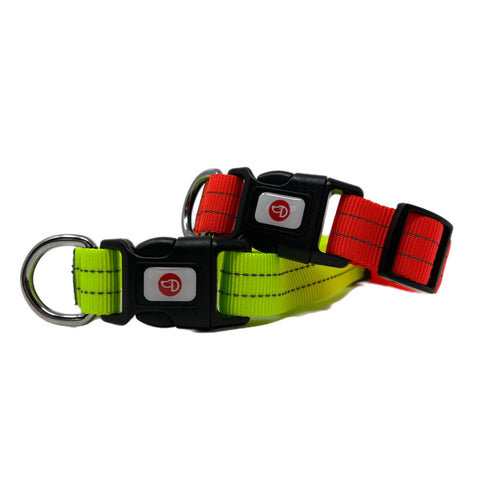Vaccinating your dog is important as it protects it from multiple diseases. Most of the diseases you're vaccinating against are difficult to find where they come from, including rabies, hepatitis, distemper, and more. Vaccinations are given to pets by the veterinarian.
Regular vaccinations not only help to protect your dog against illnesses, but they also protect your family members against such diseases. Remember, when a dog bites one of your family members, it can transfer some canine illnesses. This means that vaccinations are important for your dog health and human beings as well.
Dog vaccines are also important in grooming, dog parks, and daycare services. In fact, the canine influenza and Bordetella vaccines are recommended or required in most of these facilities.
How Do Vaccines Work?
The way vaccines work in people is the same way they react when administered to dogs. Once a dog is injected with the vaccine, it causes the body to release an immune response. The body then releases antibodies that fight against future infection from diseases.
Failure to administer vaccines to your dog means that the body will be unable to fight against infections caused by these diseases.
Vaccines help our bodies and those of the pets to live safely without being worried about suffering infections caused by deadliest diseases. When a dog is vaccinated, the community remains safe.
Why Are Pet Vaccines Important For People?
Research has shown that some dog illnesses can be transferred to humans. Rabies is one of the most dangerous diseases that can be transferred to humans. That’s why it is recommended to administer rabies shots to your dogs and cats.
Should You Vaccinate Your Dog?
If you think about the number of illnesses you will protect your dog against by vaccinating, then you should not wait for anyone to tell you to vaccinate it. But remember, you should understand how to vaccinate your dog. Some people make a mistake of skipping vaccines which is not good for your dog's health.
Dogs that are not vaccinated are at the risk of contracting diseases and transferring them to humans or other dogs. For that reason, failing to vaccinate your dog is not only bad for your dog's health, but also worse for the canine world.
How to Vaccinate Your Dog Correctly
As mentioned above, vaccines cause the body to produce an immune response which acts as a defense against diseases. A vaccine has antigens that stimulate the immune system while keeping the dog safe. The immune system then releases antibodies that keep diseases at bay whenever a dog is exposed to the disease.
In the past, people used to vaccinate young puppies several times and adults could be vaccinated annually. But with the sporadic spread of diseases, it was found that the best way is to vaccinate dogs with core vaccines regularly.
This does not mean that puppy vaccines should not be administered, in fact, puppies should receive vaccines every three weeks when they reach the age of six to sixteen weeks.
Types of Vaccines
There are two types of dog vaccines, namely core vaccines and non-core vaccines. Examples of core vaccines are canine hepatitis, rabies, parvovirus, and distemper. The work of all these vaccines is to protect your dog against viruses. Viral vaccines have been found to be effective in that when given to a dog that is above 4 months old, they can protect the dog for many years to come.
On the other hand, non-core vaccines are optional. These types of vaccines can be given to pets based on geographic distribution.
Examples of non-core vaccines include tracheobronchitis. This is a respiratory disease that affects the trachea and bronchi of your cat or dog. Another one is canine parainfluenza virus which is meant for dogs. This one is known to cause kennel cough. Failing to give your dog vaccines could cause it to suffer from liver failure or kidney damage.
Another non-core vaccine is called feline leukemia virus which is believed to cause cancer in cats as well as blood disorders.
Non-core vaccines are not as effective as core vaccines and may not protect your dog against viruses.
Final Words
Overall, the latest vaccines are safe but are not risk-free since they may cause allergic reactions and other autoimmune infections. However, to be on the safe side and keep your dog safe, you should look for a veterinarian who will give your dog the vaccines the appropriate way.

























Leave a comment